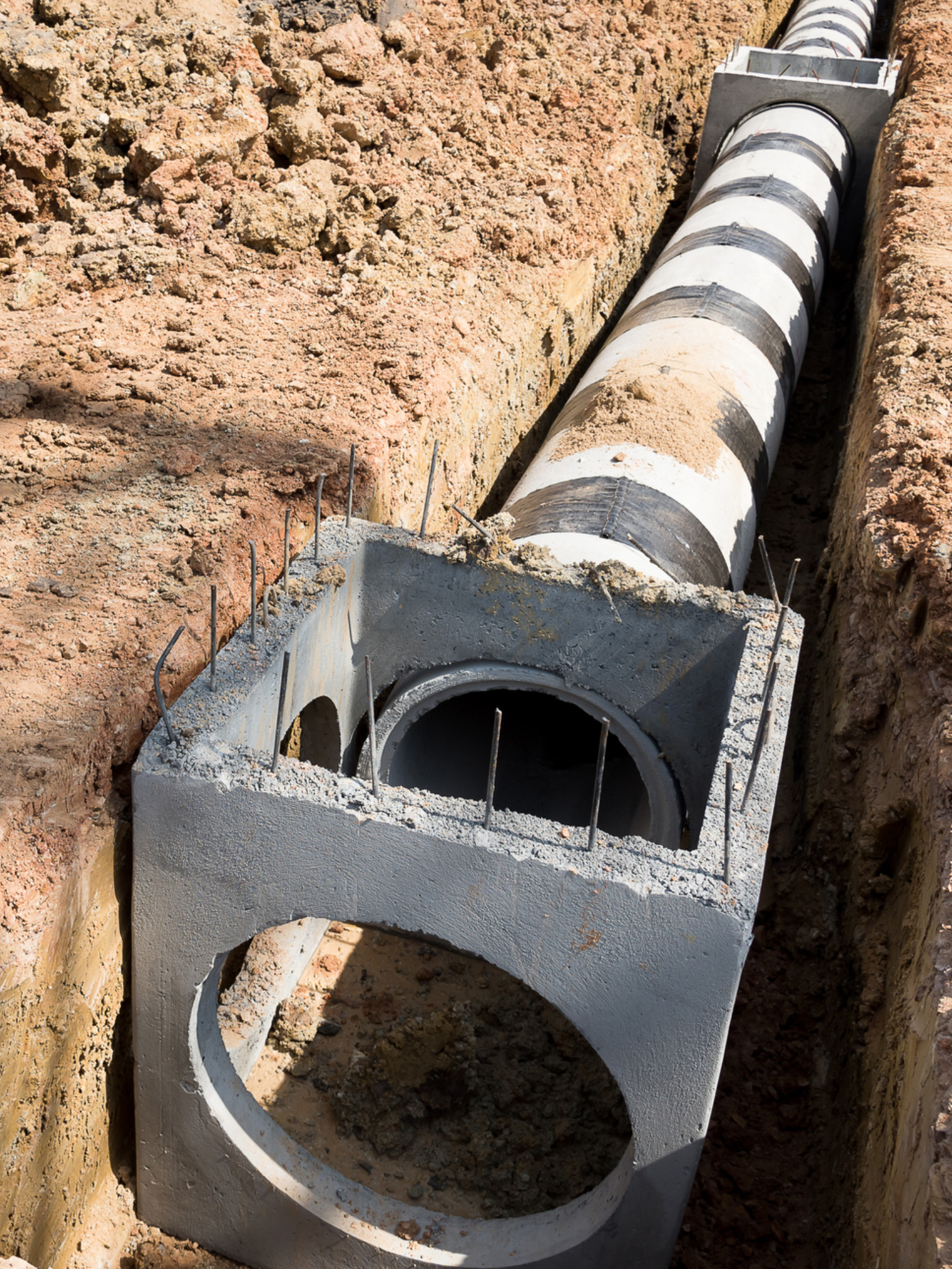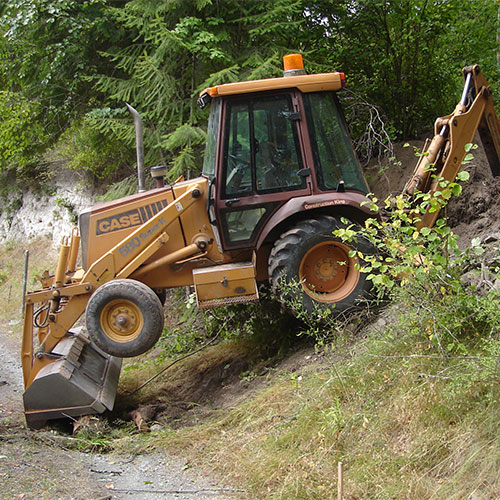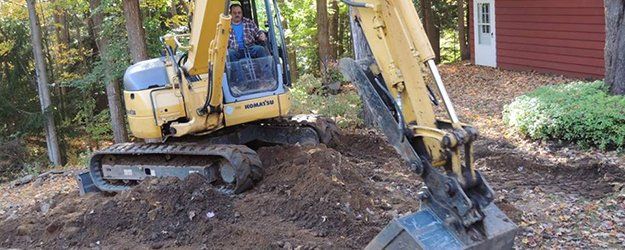Dump Truck Companies in Ohio - Reliable Dump Truck Providers Across Ohio
Dump Truck Companies in Ohio - Reliable Dump Truck Providers Across Ohio
Blog Article
Comprehensive Excavation Methods: Grasping the Principles for Success
The careful preparation, exact execution, and careful focus to detail called for in excavation jobs require a thorough strategy that encompasses various fundamental elements. The true mastery exists not just in comprehending these principles but in perfectly integrating them to navigate the complexities of excavation tasks with finesse.
Recognizing Excavation Task Preparation

Successful excavation jobs are improved the foundation of detailed and precise planning. The initial phase of any kind of excavation job is the drawing board, where essential decisions are made that can significantly influence the end result of the job. During this phase, it is important to gather all appropriate info concerning the website, consisting of topographical surveys, dirt make-up, and any kind of prospective hazards that may exist. Recognizing the project scope, budget, and timeline restrictions is important for producing an extensive excavation strategy that makes sure the task's success.
One key element of excavation task planning is the growth of an in-depth timeline that describes the series of tasks, milestones, and target dates. This timeline offers as a roadmap for the job group, enabling them to track development and make essential changes to guarantee the job remains on routine. Furthermore, a well-defined budget plan that accounts for all expenses, consisting of devices rental, labor costs, and materials, is vital for staying clear of cost overruns and delays. By carefully taking into consideration all these factors during the drawing board, excavation tasks can be executed effectively and efficiently, resulting in effective end results.
Dirt Analysis and Website Analysis
Carrying out extensive dirt analysis and website analysis is a vital action in the prep work stage of any type of excavation project. Dirt evaluation entails identifying the composition, structure, and homes of the dirt at the excavation website. This information is critical for comprehending the soil's bearing capability, dampness content, and capacity for disintegration, which are key consider establishing the excavation techniques and devices required for the task.
Site analysis goes beyond dirt evaluation and includes a more comprehensive assessment of the total site conditions. This analysis consists of identifying any prospective risks, such as below ground utilities, ecological issues, or unsteady surface, that could influence the excavation process. By completely examining the site, project supervisors can establish efficient excavation strategies that focus on safety, effectiveness, and environmental management.
Making use of innovative innovations like ground-penetrating radar, soil sampling, and drone surveys can enhance the accuracy and efficiency of soil evaluation and site assessment. Investing time and resources in these initial actions can eventually save time and avoid pricey delays or complications during the excavation process.
Devices Selection and Usage
Effective excavation jobs rely heavily on click resources calculated tools option and application to make certain optimal performance and efficiency. Selecting the best devices for the work is critical in optimizing efficiency and decreasing downtime. Factors such as the sort of dirt, depth of excavation, and project range play a substantial duty in determining the most appropriate tools for the task at hand.

In enhancement to choosing the proper tools, proper application is crucial to task success. Operators must be educated to take care of the equipment securely and successfully - lancaster trenching. Routine maintenance checks and timely fixings aid protect against malfunctions and make certain consistent performance throughout the job
Safety Procedures and Rules Compliance
In the world of excavation jobs, focusing on precaution and conformity with regulations is extremely important to making certain a lawfully audio and safe and secure functional setting. Precaution include a series of practices, including conducting comprehensive website evaluations, executing proper signs and barriers, and supplying appropriate security training for all employees associated with the excavation procedure. Adherence to policies, such as OSHA needs in the USA, makes certain that the excavation job satisfies the essential requirements to secure employees, bystanders, and the surrounding environment.

Monitoring Progression and Adjusting Strategies
How can forecast managers effectively track the development of excavation jobs and adapt their strategies appropriately to enhance results? Tracking development is crucial for making sure that excavation helpful site tasks stay on track and satisfy deadlines. Project supervisors can use numerous devices and techniques to track progress, such as daily report card, normal website examinations, and advanced tracking technologies like drones and GPS tracking systems. By continuously checking the job's improvement, supervisors can recognize any possible hold-ups or problems beforehand and take positive measures to resolve them.

Verdict
To conclude, grasping the principles of comprehensive excavation strategies is important for the success of any type of task. By comprehending task preparation, evaluating soil and site conditions, choosing proper equipment, following safety and security guidelines, and keeping track of progress, project managers can ensure a smooth and efficient excavation procedure. Carrying out these strategies will cause effective end results and minimize prospective threats or problems during the excavation project.
The initial stage of any type of excavation task is the preparation phase, where crucial choices are made that can significantly impact the result of the project. Comprehending the job budget plan, timeline, and scope this article restrictions is vital for developing an extensive excavation strategy that guarantees the project's success.
How can forecast supervisors successfully track the improvement of excavation projects and adjust their methods appropriately to maximize end results? By carefully checking development and being willing to adapt strategies, job supervisors can boost the total success of excavation jobs.
By understanding job planning, analyzing dirt and site problems, selecting proper tools, abiding with safety policies, and checking progress, task supervisors can guarantee a smooth and reliable excavation procedure.
Report this page